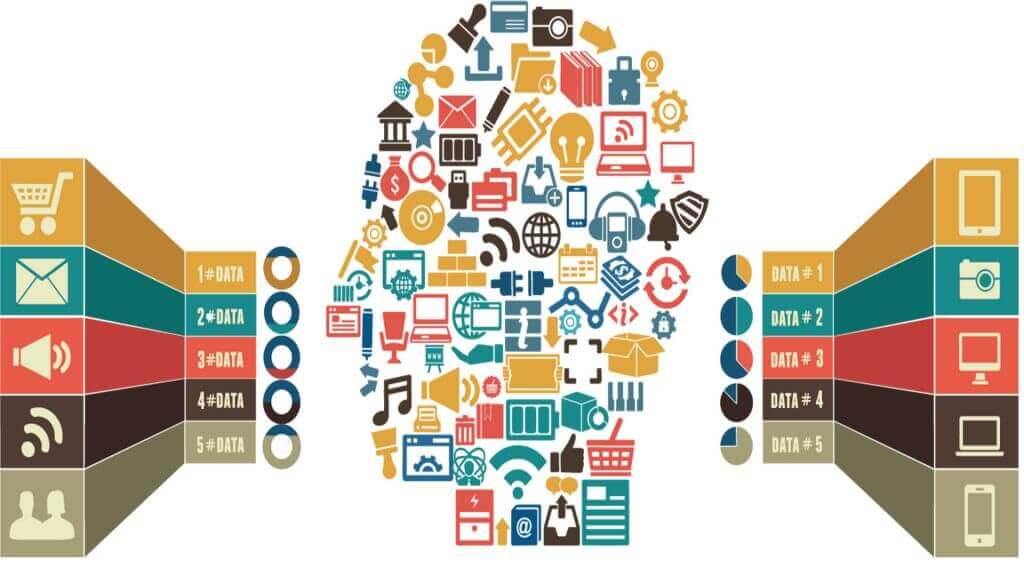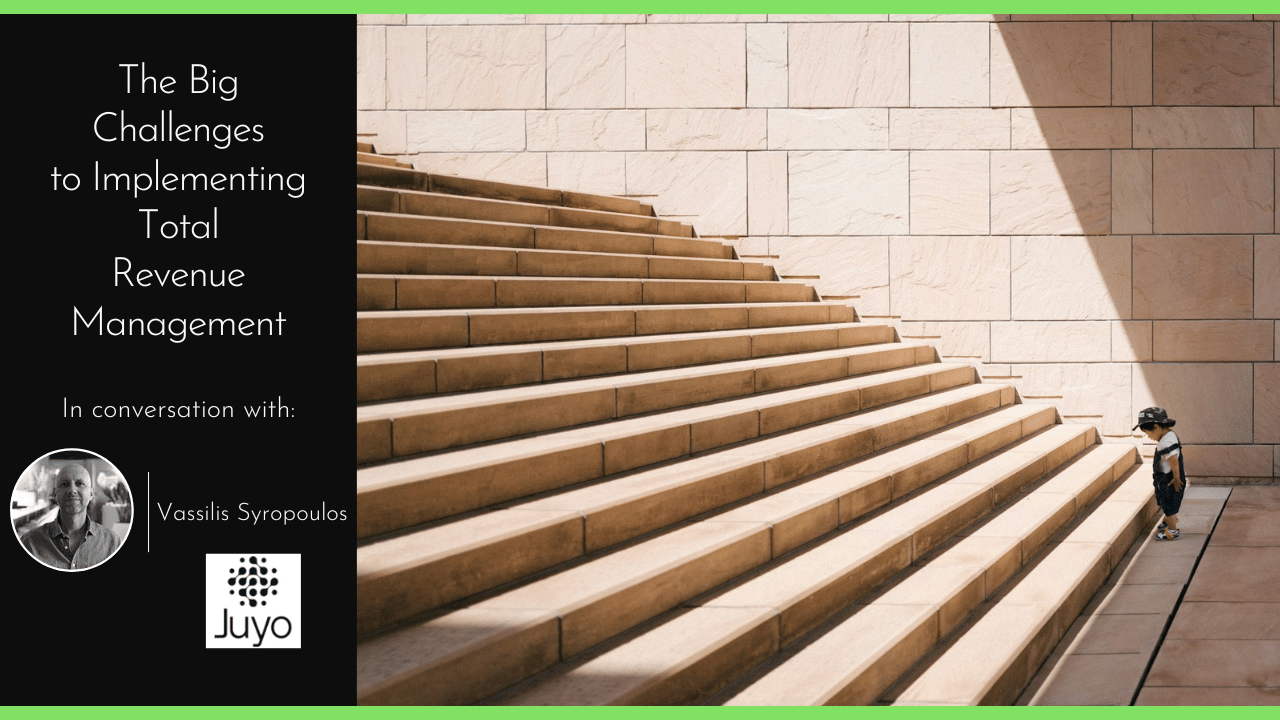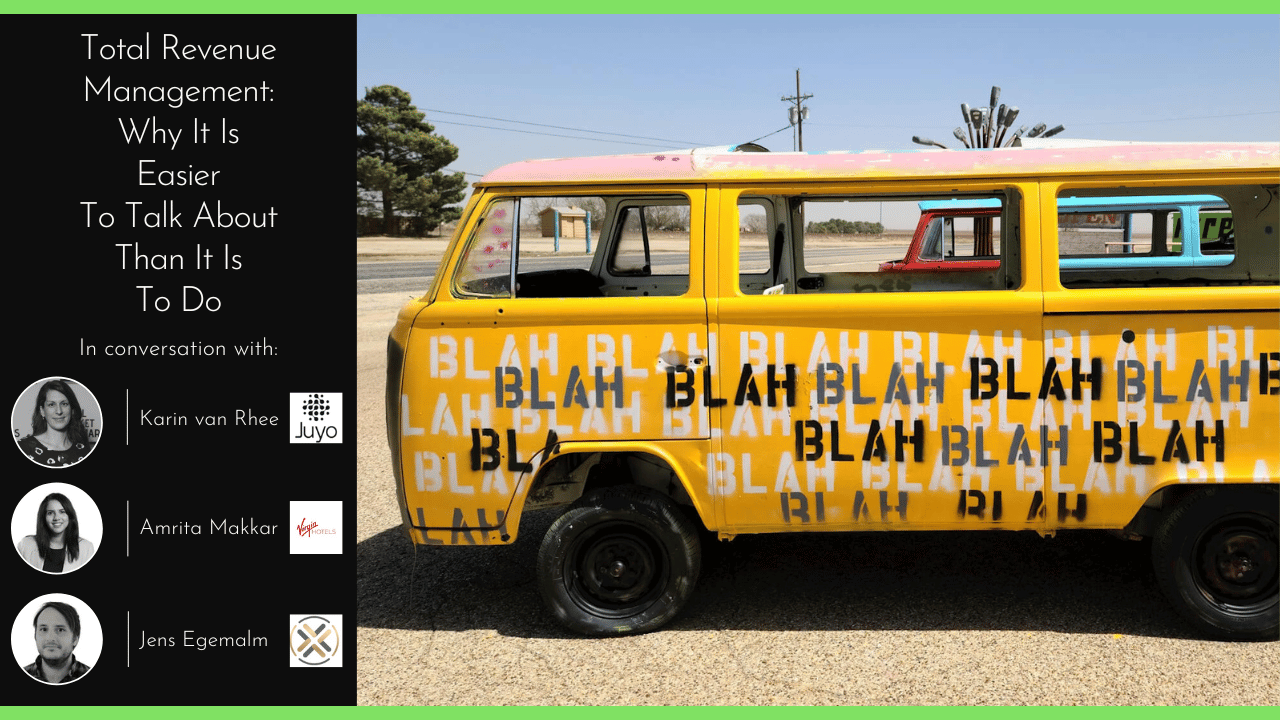
Hoteliers today face a number of problems – coming from within their own sector and from on the peripherary.
As well as the perennial issue of competing with rival hotels, the growth of private accommodation bookings through platforms such as Airbnb is also concerning.
Now more than ever, hotels need a healthier distribution of selling their rooms, initiatives that boost their sales and increase the chances of repeat business.
This article explains why personalisation is the key solution for hotels. If hotels can offer guests an experience that feels tailor-made for them, there are numerous benefits to be had.
A greater number of positive reviews on TripAdvisor and the like, a higher likelihood that the guest will return, and better upsell opportunities can all result from providing customised services.
The challenge with personalisation, though, is that there are so many different types of hotel guests.
It’s more complicated than simply thinking in terms of business or leisure – there are so many other factors that dictate the parameters of a guest’s stay and how much margin can be made by the hotel.
At the very least, hotels need to be thinking about identifying segments and sub-segments of guests, and then using different approaches to each in order to maximise the potential for profit.
So the question is – how can a hotel best identify and target the high value customers?
The answer lies in big data.
Beyond the hype
While this is a buzzword that has been heard across many business sectors in recent years, the hotel industry seems to be behind other industries in terms of actually harnessing and using this data to its full potential.
Think of all of the data generated from the process of booking, for example.
With most bookings made online, there is a lot of data that can be digitally captured – whether the booking is made directly through the hotel’s website or through an OTA.




